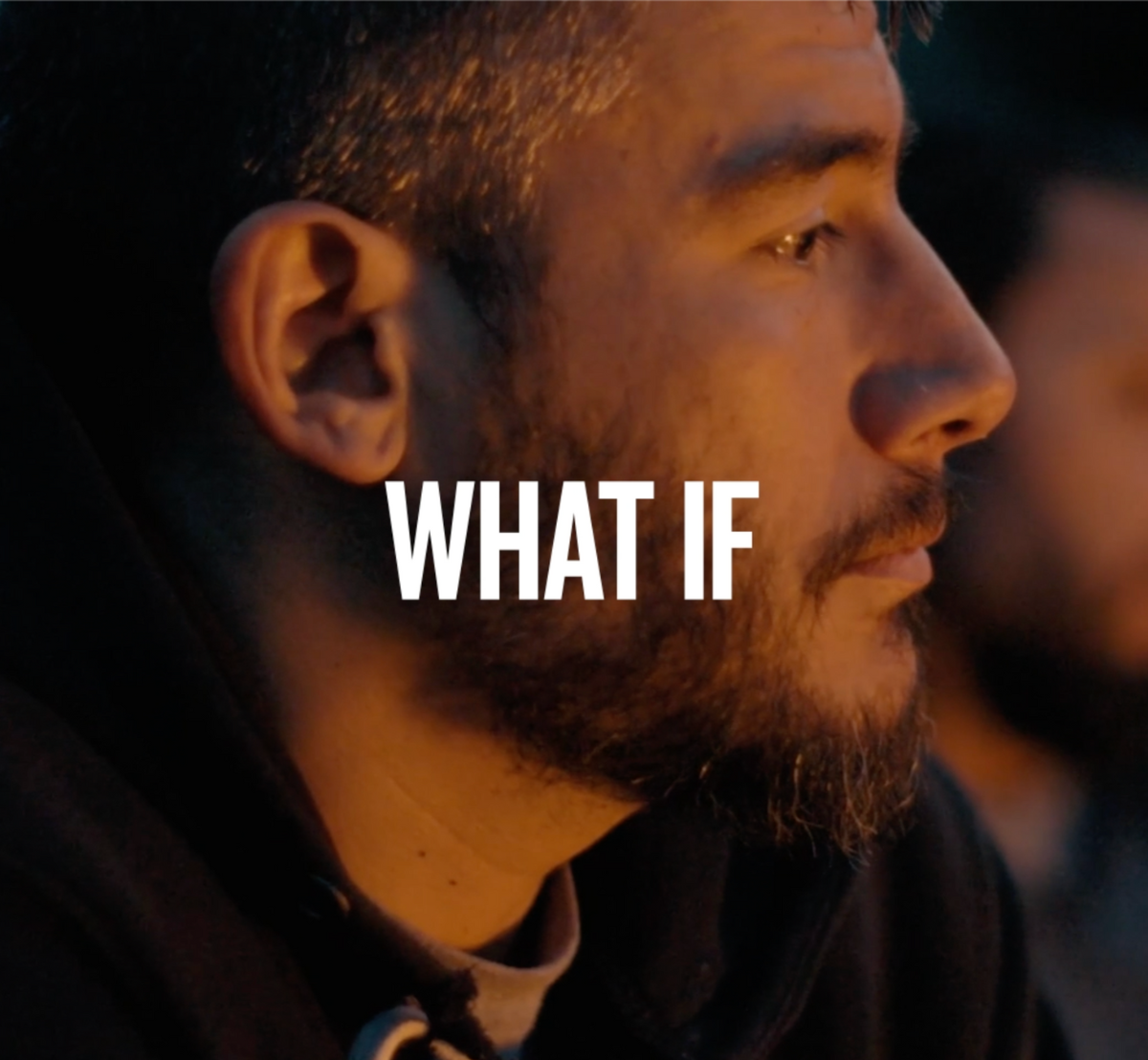Often, the shattering of assumptions involves giving up dearly held goals that survivors had assumed they would be able to attain, as when a mother of a still born child is forced to give up dreams and expectations for the child's life.
An area of psychotraumatology that has received growing attention during the past few years is posttraumatic growth. This is defined as a significant beneficial change in cognitive and emotional life beyond previous levels of adaptation, psychological functioning, or life awareness. These changes happen in the aftermath of psychological traumas that challenge previously existing assumptions about self, others, and future. This chapter summarizes some of the research and theory that has supported this concept, then turns to a discussion of how trauma is cognitively processed into growth.
Read the Article “Routes to posttraumatic growth through cognitive processing” https://psycnet.apa.org/record/2003-02891-002
Give strength & hope to those who serve
Your support powers life-changing programs offered at no charge to veterans, military, first responders, and their families. With your help, our Warriors won't just survive — they'll thrive.

